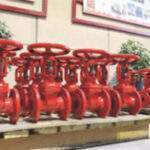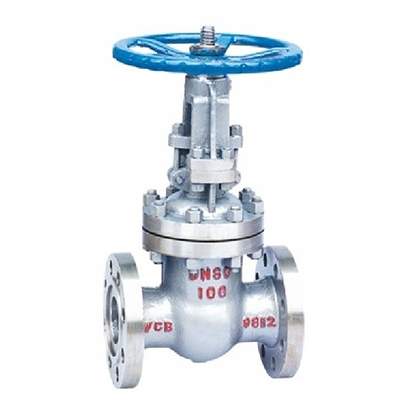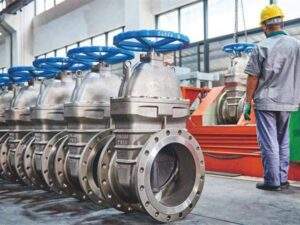Welcome to My Blog!
Before we dive into the content, if you’re interested in our products or have any questions, please feel free to visit our Contact Us page on the website. Our team is ready to assist you with inquiries, orders, or any support you may need.
Now, let’s get started on our journey together. I hope you find the content here insightful, engaging, and valuable.
Introduction
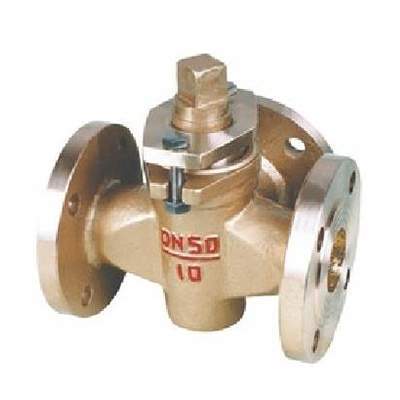
A 2 way plug valve is a type of valve commonly used in industrial applications to control the flow of liquids and gases. Unlike ball or gate valves, plug valves feature a cylindrical or conical plug that rotates inside the valve body to regulate fluid movement. By simply rotating the plug 90 degrees, the valve either allows flow or completely shuts it off.
The simplicity of this design provides several advantages: low maintenance, tight shut-off, durability under high pressure, and resistance to wear. 2 way plug valves are available in various materials, including stainless steel, brass, and specialized alloys, which makes them suitable for corrosive fluids, high-temperature systems, and general industrial applications.
They can be manually operated or actuated electrically or pneumatically, offering flexibility for automated or remote-controlled industrial systems. Their combination of versatility, reliability, and compact design makes them a go-to choice across multiple industries.
Chemical Processing Industry
In the chemical processing industry, 2 way plug valves play a critical role in controlling corrosive, abrasive, or toxic fluids. For example, in acid handling or alkali processing lines, stainless steel plug valves are often preferred for their excellent corrosion resistance and long service life.
Beyond material selection, plug valves provide quick and reliable shut-off, reducing downtime in emergency situations. In processes involving hazardous chemicals, the valve’s tight seal prevents leaks that could endanger personnel or damage equipment.
Industries such as pharmaceuticals, petrochemicals, and specialty chemicals rely heavily on plug valves for batch processing, isolation of equipment, and flow diversion. Proper installation and routine inspection ensure that these valves operate efficiently and safely.
Water and Wastewater Treatment
2 way plug valves are widely used in water treatment plants and wastewater management systems. They control the flow of water in filtration units, chemical dosing lines, and pumping stations.
Key advantages in this sector include:
- Handling high flow rates efficiently.
- Minimizing leakage, which prevents contamination and environmental hazards.
- Ease of maintenance, reducing operational costs.
Routine maintenance is essential, such as checking for wear, cleaning internal parts, and replacing seals. These valves are often used in critical sections of pipelines where reliable isolation and flow control are necessary to protect downstream equipment.
Oil and Gas Industry
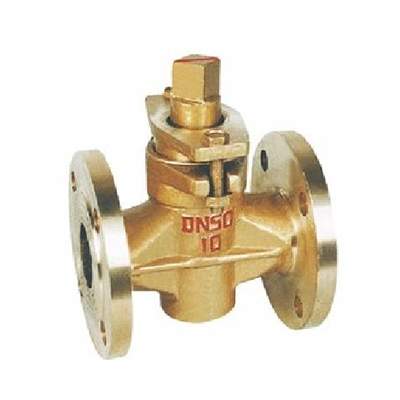
In the oil and gas industry, 2 way plug valves are designed to withstand high pressure, extreme temperatures, and abrasive fluids such as crude oil, natural gas, or refined chemicals. These valves are commonly installed in refineries, pipelines, and offshore platforms.
Safety and compliance are paramount, requiring valves to meet API, ASME, and ISO standards. Choosing the correct valve size, material, and sealing type is critical to prevent leaks and ensure reliable operation.
For example, stainless steel or alloy plug valves are used in sour gas lines to resist corrosion from hydrogen sulfide. Their quick shut-off feature is also essential for emergency isolation, protecting both personnel and infrastructure.
Food and Beverage Industry
In the food and beverage sector, 2 way plug valves are ideal for sanitary applications, such as pipelines transporting milk, juice, beer, or water. They are designed for easy cleaning, low contamination risk, and smooth operation, meeting stringent hygiene standards.
Advantages over other valve types include:
- Reduced risk of bacterial growth due to minimal dead space.
- Smooth flow control for sensitive liquids.
- Compatibility with CIP (Clean-In-Place) systems.
Regular cleaning and proper maintenance extend valve life and maintain consistent product quality. Many manufacturers prefer plug valves over ball or gate valves in dairy, beverage, and food processing plants.
HVAC and Industrial Piping Systems
In HVAC systems and industrial piping networks, 2 way plug valves are used to control the flow of heating, cooling, and process fluids. They are particularly useful for zone control, flow diversion, and bypass lines.
Proper installation, including alignment, support, and seal selection, is crucial to avoid leaks and reduce maintenance needs. Common troubleshooting issues include:
- Sticking plugs due to sediment or scale build-up.
- Minor leakage at joints or seals.
- Flow restriction from debris in pipelines.
With regular inspection, cleaning, and lubrication, these valves provide long-lasting and efficient service in industrial environments.
Materials and Types of 2 Way Plug Valves
2 way plug valves are available in a variety of materials and configurations, depending on the application:
- Stainless steel: Resistant to corrosion, suitable for chemicals, water, and food applications.
- Brass: Cost-effective for low-pressure systems and non-corrosive fluids.
- Alloys: Ideal for high-pressure, high-temperature, or abrasive fluids.
They can be manual, pneumatically actuated, or electric actuated, providing flexibility for automation. When choosing a valve, consider:
- Operating pressure and temperature
- Fluid compatibility
- Maintenance requirements
- Availability of replacement parts
This ensures the valve performs efficiently and lasts longer, reducing downtime and operational costs.
Maintenance and Troubleshooting
Maintaining 2 way plug valves involves:
- Regular inspection for wear, corrosion, and leaks
- Cleaning the plug and seat to prevent blockage
- Lubrication to reduce friction in manual valves
- Replacing worn seals to maintain tight shut-off
Common issues such as leaks or stuck plugs can often be resolved without replacing the entire valve. Following the manufacturer’s maintenance guidelines ensures safety and reliability, especially in critical industrial systems.
How to Choose the Right 2 Way Plug Valve
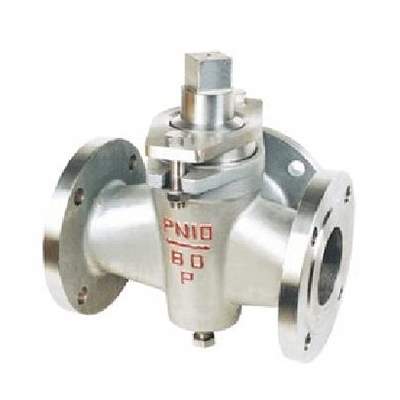
Selecting the correct 2 way plug valve requires analyzing:
- Fluid type (water, chemicals, gases, or food liquids)
- Operating pressure and temperature
- Flow rate and system requirements
- Material compatibility for longevity
Comparing 2 way plug valves with ball or gate valves can highlight advantages like quicker shut-off, lower pressure drop, and easier maintenance. Cost-effectiveness and availability of replacement parts should also be considered to avoid future operational issues. Consulting suppliers or technical datasheets can help ensure the best choice for your specific industry application.
Conclusion
2 way plug valves are versatile, durable, and essential across multiple industries, including chemical, water treatment, oil and gas, food and beverage, and HVAC systems. Their simple yet effective design allows for efficient flow control, safety, and reliability, while their variety in material and actuation type ensures adaptability to specific industrial needs.
By understanding applications, materials, maintenance, and selection criteria, engineers and operators can maximize system efficiency, reduce downtime, and ensure safe operations. Investing in the right 2 way plug valve can significantly enhance industrial process control and operational reliability.
FAQ
What is a 2 way plug valve?
A 2 way plug valve is a type of valve with a cylindrical or conical plug that rotates to control the flow of liquids or gases. It allows flow in one direction or completely shuts it off.
How does a 2 way plug valve work?
By rotating the plug 90 degrees, the valve either opens or closes the passage. The simple design ensures tight shut-off, low maintenance, and reliable operation under high pressure.
What are the common applications of 2 way plug valves?
They are widely used in chemical processing, water treatment, oil and gas, food and beverage, and HVAC systems for flow control, isolation, and process management.
What materials are 2 way plug valves made of?
Common materials include stainless steel, brass, and specialized alloys, chosen based on fluid type, pressure, and temperature requirements.
How do I maintain a 2 way plug valve?
Regular maintenance includes inspecting for leaks, cleaning the plug and seat, lubricating moving parts, and replacing worn seals to ensure long-lasting, reliable performance.
Need Help Choosing the Right 2 Way Plug Valve?
If you’re unsure which 2 way plug valve is best for your system or application, our experts are here to guide you. Contact us today for a personalized consultation, and ensure your industrial processes are safe, efficient, and reliable. Don’t wait for downtime or leaks—get in touch now to optimize your flow control and protect your equipment!


